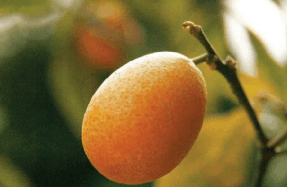Eco-friendly alternatives to plastic


There are currently 150 million tonnes of plastic floating on our seas. Each minute, the equivalent of a garbage truck load of plastic is dumped into the ocean. Great Pacific Garbage Patch (GPGP), the largest of five major garbage patches in our oceans, contains the equivalent weight of 500 jumbo jets-worth of plastic.
And despite the growing awareness, local initiatives and activism around plastic waste and the environment, the average Australian still uses 130kg of plastic per year. Given the current rate of plastic consumption worldwide, plastic is expected to account for 5 to 10 per cent of greenhouse gas emissions by 2050.
However, there is a new focus on innovative eco-friendly alternatives to the plastics we’ve become reliant upon in modern society. From compostable cling film to pasta straws and edible seaweed packaging, the future of plastic is looking more sustainable than ever.
A single-use society
Plastics are manufactured using fossil fuels such as natural gas, oil or plants and refined into ethane and propane. These compounds are then treated and become ethylene and propylene, then combined to create a range of polymers (or plastics).
The first synthetic polymer was invented in 1869, but the real plastic boom didn’t happen until the invention of polyethylene terephthalate (PET) bottles in the 1970s. PET plastic was first discovered in the ’40s and, after the invention of the PET bottle, became the go-to for safe, reliable and cheap food and drink storage.
During this time, bottled water was marketed
You’re reading a preview, subscribe to read more.
Start your free 30 days



